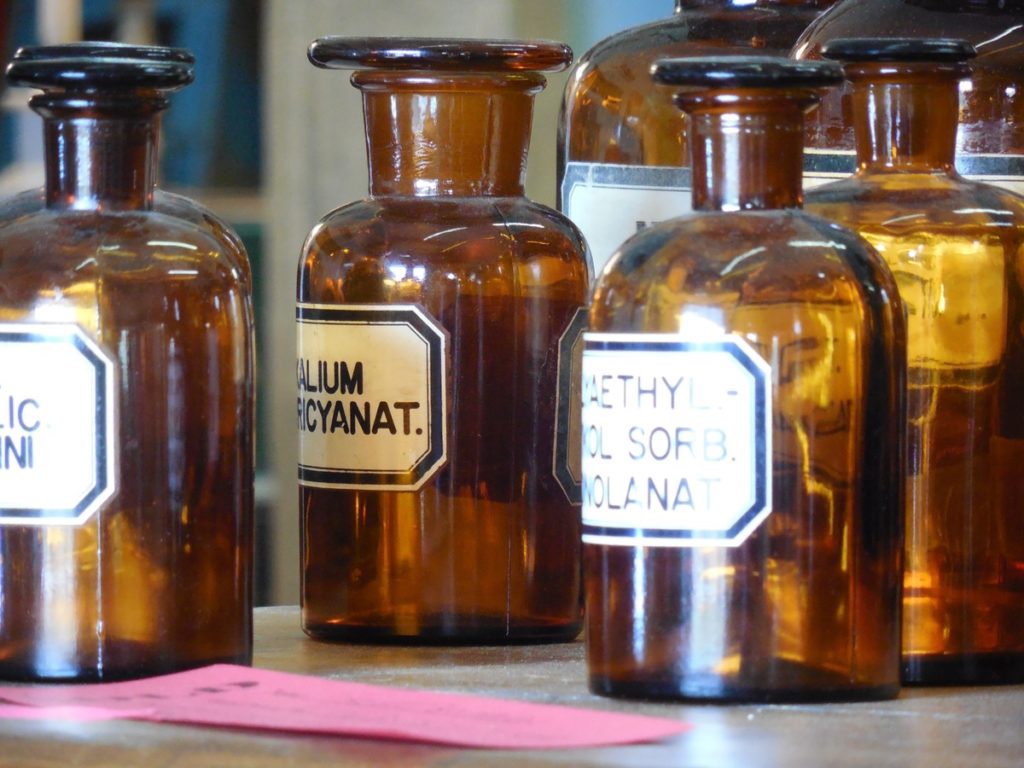Consumer protection organisation Test-Achats has issued a crushing report on homoeopathic remedies, describing it as “unacceptable” that the remedies are allowed to be described by practitioners as “medication”. Homoeopathy is a system of the treatment of ailments which operates on the principle of “like treating like”. Products which create the same symptoms as any disease process are used to treat the disease but in infinitesimal quantities. The products, all of which derive from “natural” sources, are diluted multiple times, into the millions of dilutions.
Sceptics argue that the product has been diluted so much that not even a single molecule remains, to which supporters of homoeopathy reply that the water used in dilutions has a “memory” which retains the properties of the original compound.
“The requirements of effectiveness, safety and quality to bring a product to market and be allowed to use the name of medication are sadly not the same for all products,” commented Simon November, spokesperson for Test-Achats. “Homeopathic products are required to be accompanied by a minimum of documentation, and the working of the product barely has to be proven. And that, while classic medications have to go through an entire process of trials and study panels. We simply cannot accept that difference.
The organisation describes homoeopathy as “quack medicine,” which would be bad enough if it only robbed the patient of money. “But there are conditions where the patient really has no time to lose on products whose effectiveness has not been demonstrated. People who are suffering from very real heart and vascular conditions should immediately seek treatment by a doctor, and with truly effective medication.”
As part of a campaign to have such products stripped of the description of “medication,” Test-Achats began by putting its own house in order, with an extensive review of the 6,300 medical products contained in its own medication database, which includes 147 homoeopathic and herbal remedies. Basing judgement of reliability and effectiveness on a review of the scientific literature, the organisation labelled 11% of products as being “of questionable usefulness” where doubts were raised over safety or effectiveness. In another 2% of cases, the drug was labelled “not recommended”.
Taking “alternative” remedies alone, however, 59% of the 60 herbal remedies in the database were judged “questionable,” and 18% not recommended for use. Of 32 traditional herbal remedies, 97% were of questionable value, while 3% ought to be withdrawn from circulation. And of the 55 homoeopathic remedies, 84% are questionable, and 16% ought to be withdrawn.
“It is in the interests of persons suffering from a serious illness to begin a course of treatment sufficiently early, where the utility has been properly demonstrated,” the report concludes. “If patients are finding refuge in products which have at most a placebo effect, their health could be placed in jeopardy.”
Alan Hope
The Brussels Times
The Brussels Times

